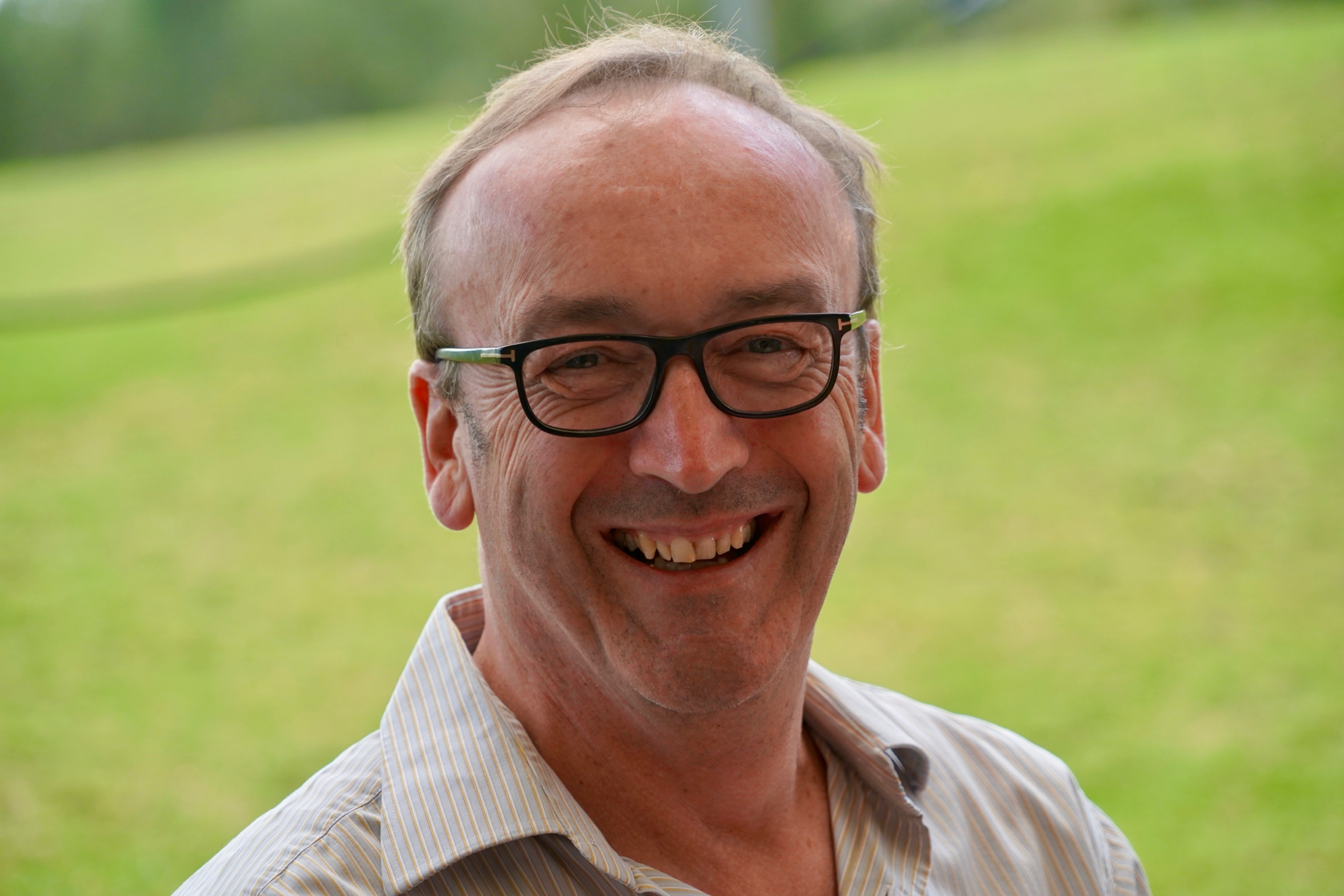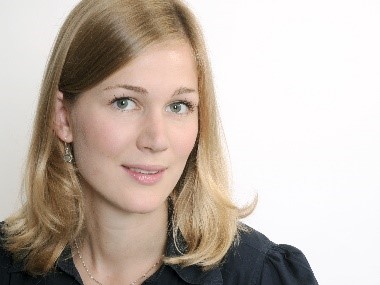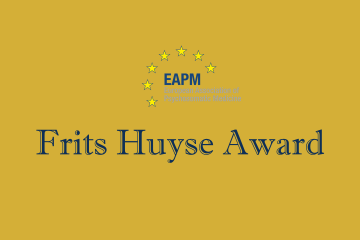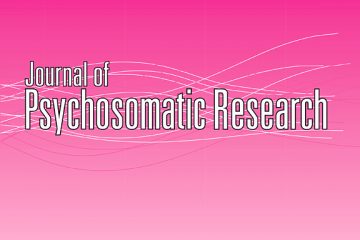Interview with Prof. Winfried Rief on the Alison Creed Award 2020/21

Prof. Winfried Rief
Interview by Meike Shedden Mora, PhD
February 19, 2020
Dear Winfried, congratulations for receiving the 2020/21 Alison-Creed-Award of the EAPM for your outstanding contribution to Psychosomatic Medicine!
Having had you as my mentor for over the last twelve years since my PhD, I feel very honoured to have the opportunity to talk about your work, your career, and your personal vision for the future of psychosomatic medicine.
How do you feel about winning the Alison-Creed-Award?
Prof. Rief: This is really fantastic, and I am really happy and honoured. It feels like being rewarded for a long journey through science, and this journey has been really fascinating.
With your work, you have been moving forward the field of psychosomatic medicine, clinical psychology and psychotherapy, particularly research on somatic symptom disorder / somatoform disorders, placebo and nocebo research and psychotherapy research. By doing this, your research has truly been interdisciplinary. In your experience, what are the key aspects of interdisciplinary research? What challenges have you been facing?
Prof. Rief: Most of us are trained in a very speciality-specific way. However, the answers on current scientific and clinical questions require more and more to be able to work interdisciplinary, to bring in your own expertise, but also to benefit from the expertise of others. There are many barriers for interdisciplinary work. Starting from our own thinking that was formed by trainings in one specific speciality, but not receiving trainings how to communicate and interact respectfully with other professions. Further, some professional groups try to limit tasks and responsibilities to their own profession. However, science and the improvement of clinical care always need people who go beyond typical definitions of how to deal with tasks.
I would like to talk about your personal decision to become involved in psychosomatic medicine, clinical psychology and psychotherapy. Why did you become interested? Was there a ‘career-changing moment’ during your professional life?
Prof. Rief: Well, I started studying physics. This helped me to realize that I wanted to work with people, and my professional dream was to work in a hospital. After some years in science, I finally was doing clinical work in a hospital, and I was relieved to be there. But then, surprisingly, during a meeting on the implementation of a research project in that hospital, I realized that this would be my area, and I would be bound to the linkage of research and clinical work forever.
You are a brilliant researcher, a skilled practitioner and a great teacher. At the same time, you are involved in current political developments of our field, such as the new law on psychotherapy training in Germany. How do you balance all these tasks and remain focussed in the light of multiple responsibilities?
Prof. Rief: I never felt like being brilliant, but just as being a social human. Despite some darker moments, I have always enjoyed what I do, and it was helpful to know that I have the privilege to decide myself which way to go. Most people in this world do not have this privilege and being surrounded by people who do not consider me as something extraordinary, but as a good partner or friend, is the best remedy to cope with professional challenges.
Could you comment on your current projects that you are excited about?
Prof. Rief: After we were able to show the positive effects of expectation optimization in heart surgery patients with a mono-site trial, we are now investigating these effects with a multicentre trial including most major German heart surgery hospitals. If we will be able to confirm the positive effects of preoperative expectation optimization, this psychological intervention will be implemented in the German health care system. This will be a fantastic achievement. But I also have ongoing pleasure about our research on placebo mechanisms. This line of research is a continuous challenge for the traditional thinking in medicine, and we are more and more able to confirm many mechanisms that are core ideas of psychosomatic medicine.
What were the most important lessons learned from your international research visits as guest professor to Boston, San Diego and Auckland?
Prof. Rief: Arthur Barsky from Harvard Medical School was certainly a person who influenced me substantially. His clear thinking, his charming way of communicating, and his humble way of presenting himself are features I will never manage to emulate. And my good friend Keith Petrie from Auckland Medical School, NZ, who never ceases with his attempts to teach me Kiwi and British humour: fortunately, without success.
What is your advice to young researchers in the field of psychosomatic medicine and clinical psychology?
Prof. Rief: Follow your ideas! Try to benefit from the experiences of other experts, but never lose your own ideas out of sight. And do not accept if obstacles occur. During my professional life, I heard so often “this is not possible”, but after questioning this notion, we found ways to overcome or circumvent many barriers.
Could you please share your vision for the future of psychosomatic medicine and clinical psychology?
Prof. Rief: The more technical our world develops, the more necessary psychosomatic medicine becomes. I am proud that we were able to show the relevance of basic psychosomatic concepts using experimental designs, such as the role of clinician-patient-relationship or the role of optimising patients expectations in biomedical settings. I hope that others will also continue using this most convincing scientific tool of experiments to show the relevance of psychosomatic medicine concepts. Biomedicine and psychosomatic medicine are not an “either-or”, but it would be for the best of our patients if these approaches are combined and coordinated to maximise clinical outcome, and also to maintain humanistic qualities of medicine.
Thank you very much Winfried, for your sharing thoughts and insights.



